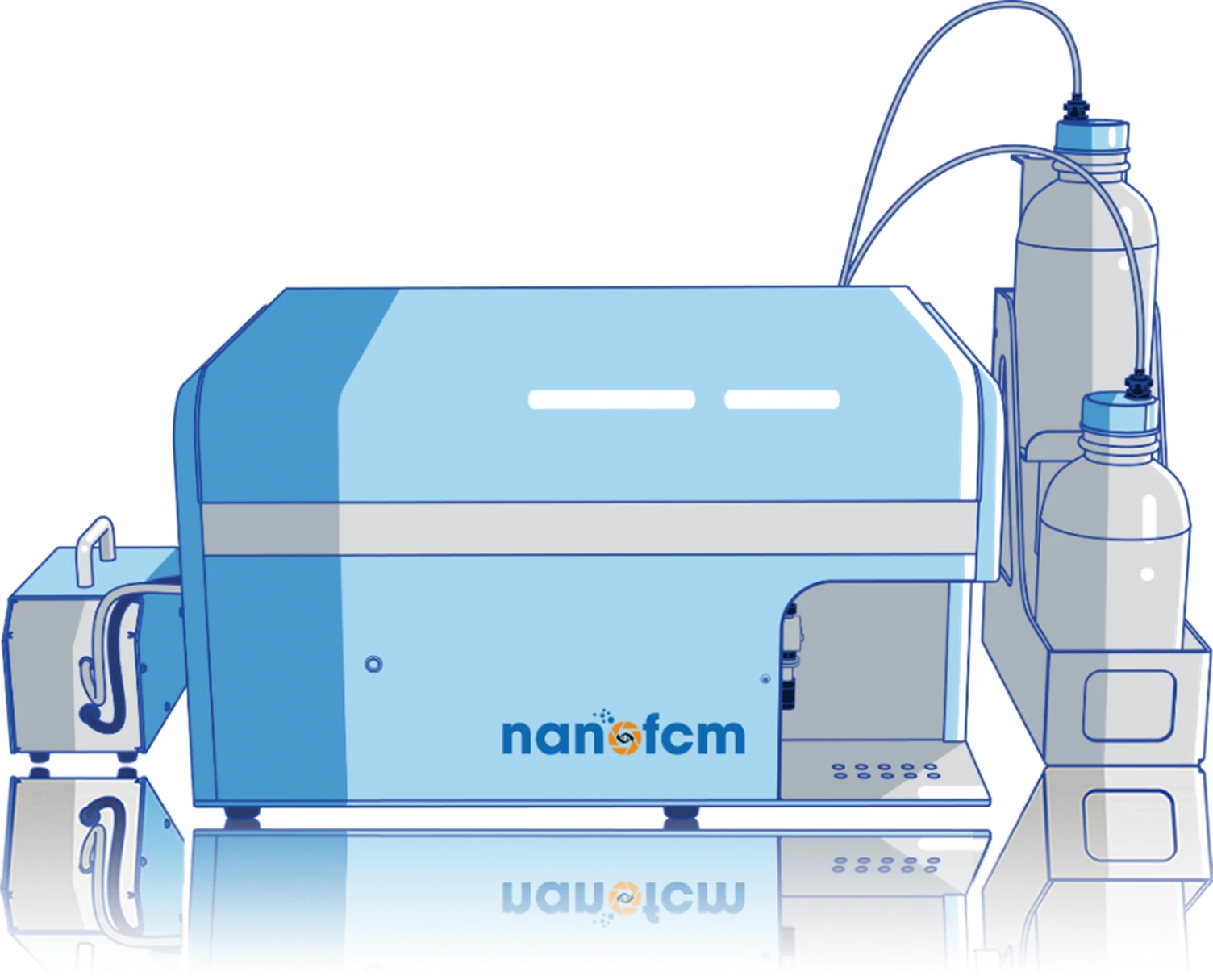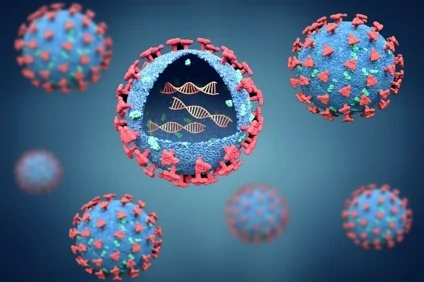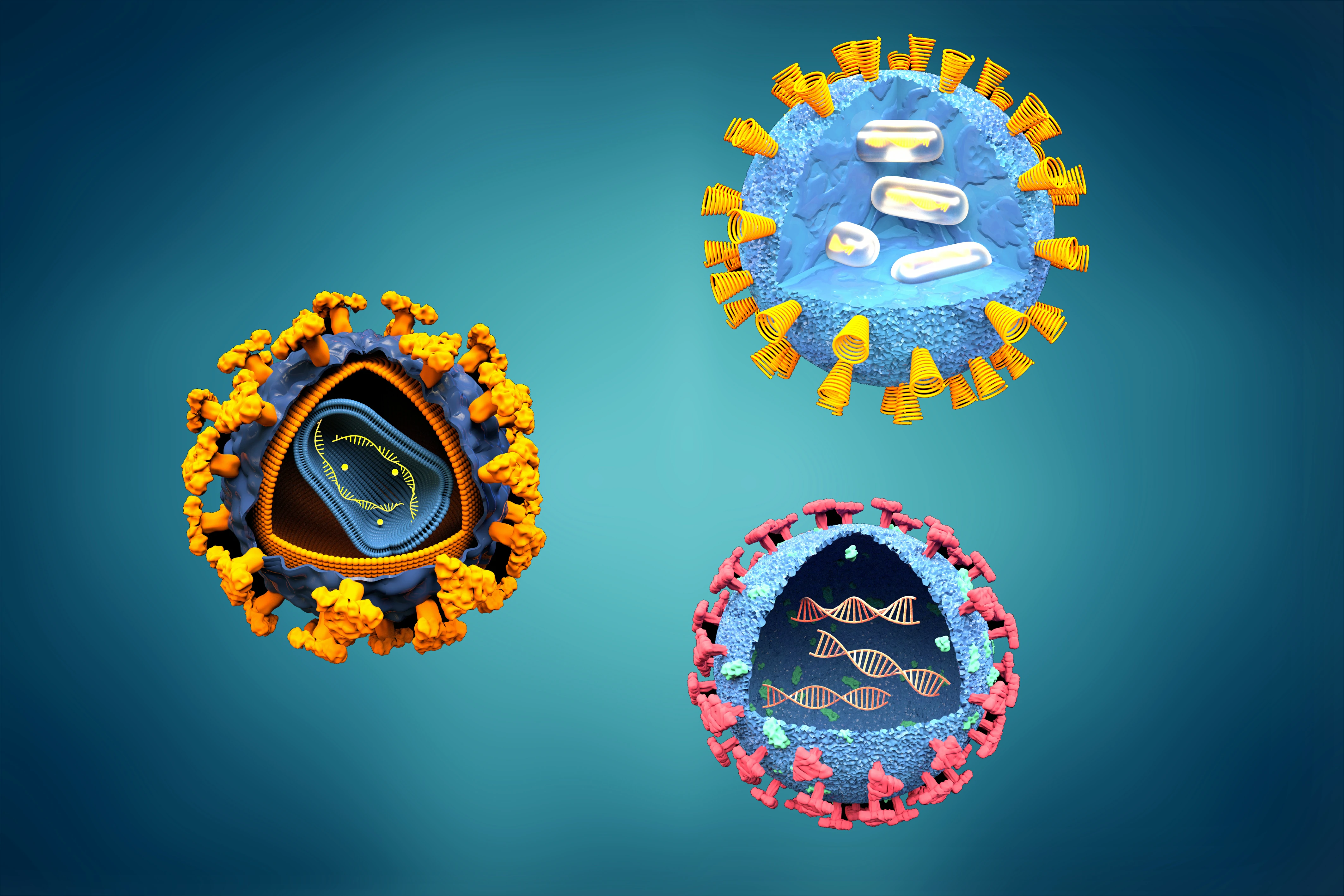
Notice: Undefined offset: 0 in /www/wwwroot/www.nanofcm.com/wp-content/themes/twentytwenty/template-parts/SingleSection/SingleHeaderBlack.php on line 28
NUCLEIC ACID THERAPEUTICS
HOLD PROMISE IN TREATING UNDRUGGABLE DISEASES
Author: admin Date: March 5, 2023
Over the past few years, the increasing number of approved nucleic acid therapeutics demonstrates the potential to treat diseases by targeting their genetic blueprints in vivo. Nucleic acid therapeutics hold promise in treating undruggable diseases and are recognized as the third major category of therapeutics in addition to small molecules and antibodies. Groundbreaking research has resulted in safe, effective delivery platforms enabling nucleic acid therapeutics. Messenger RNA (mRNA) vaccines have progressed from a scepticism-inducing idea to clinical reality. In 2020, the COVID-19 pandemic catalysed the most rapid vaccine development in history, with mRNA vaccines at the forefront of those efforts.
Because mRNA is large (104—106 Da) and negatively charged, it cannot pass through the anionic lipid bilayer of cell membranes. Moreover, inside the body, it will be engulfed by cells of the innate immune system or degraded by nucleases. The effectiveness of mRNA treatments critically depends on chemical modifications and/or technologies designed to protect the nucleic acids from degradation and to ensure their stability in the circulation, to enable localization to the target tissue, and to ensure effective intracellular delivery.
There is growing need for a safe, efficient, specific and non-pathogenic means for delivery of nucleic acids. Various techniques, including electroporation, gene guns and ex vivo transfection can intracellularly deliver mRNA. Among them, lipid nanoparticles (LNPs) are the most clinically advanced mRNA delivery vehicles. LNPs provide a protected compartment, sequestered from serum nuclease activity and immune components, and a drug-biodistribution profile dictated by the carrier. It is worth pointing out that currently all SARS-CoV-2 mRNA vaccines approved for clinical use employ lipid nanoparticles (LNPs) as mRNA carriers.
The behaviour of nucleic acid nanomedicine is determined by their various physicochemical characteristics, including the composition and properties, particle size distribution, geometry, surface features, particle concentration, drug loading efficiency, type and density of targeting ligands, etc. Comprehensive characterization of these physicochemical properties is conducive to improve the design, development, and quality control of nucleic acid nanomedicine.

The NanoAnalyzer
The NanoAnalyzer, a nano-flow cytometry (nFCM) platform from NanoFCM, allows for the multi-parameter analysis of various biological nanoparticles, such as EVs, viruses, lipid nanoparticles, and bacteria, opening new frontiers for flow cytometry within the nanoscale. Measuring particle concentration, size distribution, and biochemical properties of single nanoparticles with high sensitivity, high resolution and at high-throughput, the NanoAnalyzer provides a powerful platform for life science research.

Applications in Nucleic Acid Therapeutics
NanoFCM (Flow NanoAnalyzer) is a platform for comprehensive nanoparticle characterization, which covers the particle size range of 7-1000 nm, and allows the quantitative analysis of the particle size distribution, particle concentration, loading fraction, drug encapsulation efficiency and nucleic acid localization assay at the single particle level.

Applications in Nanomedicine Industry
NanoFCM provides a platform for comprehensive LNP characterization, and can be widely applied in the workflow of nucleic acid therapeutics, including research and development, production/manufacturing, purification, and quality control processes.


